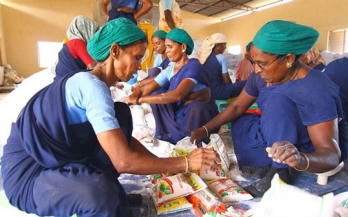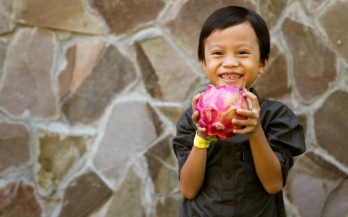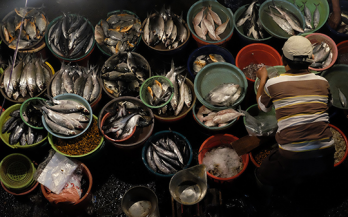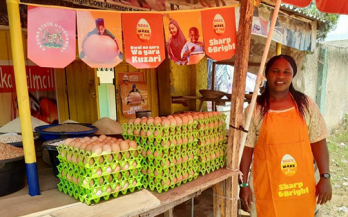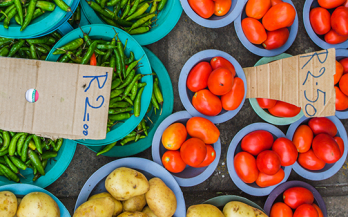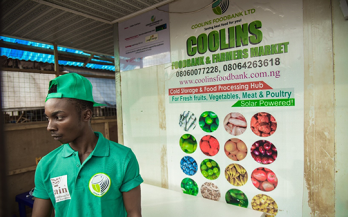Small- and medium-sized businesses play essential roles throughout the food systems of low- and middle-income countries, and supporting them to expand and improve their production can help strengthen domestic employment and economic growth and facilitate improved access to safe, nutritious, and affordable food.
As conveners of the Global Consultation on Food Systems for Children and Adolescents and this Special Issue, UNICEF and GAIN are confident that the evidence presented in this Special Issue will be useful for food system reorientations in support of improved diet quality among children and adolescents.
Food loss is a big challenge in Indonesia, with loss of nutritious fresh fish particularly significant. Indonesia is ranked second in the world for food loss1, suffering a yearly loss of approximately 13 million tons2, equating to 300 kg per person per year and comprising about 20% of agricultural crops and 30%3 of fisheries products.
Deteriorating nutrition and health outcomes have stimulated nutrition programmes and policies to strive to reduce the intake of salt, added sugar, and unhealthy fats towards recommended targets. Alongside promoting the consumption of fresh nutritious foods (e.g., fruits, vegetables, and whole grains), reformulation of processed foods may make an important contribution to improving diets.
Informal food retail is a central informal sector activity with a particular defining role in urban food systems, and is critical to the food and nutrition security of urban society. Many families and individuals residing in cities, especially those on low incomes, depend on informal food retail as a source of nutritious food such as fresh fruits and vegetables. It also offers a livelihood and source of income for many workers.
At every life stage, micronutrients are crucial to immune system function and resilience to infectious disease. This brief makes the case for large scale staple food fortification as a critically important tool to fight malnutrition in general, and even more so during the global COVID-19 pandemic.
Although eggs are highly nutritious, they remain scarce and relatively expensive in many low-income settings, including across many of the countries where GAIN operates. Moreover, they are only rarely consumed by children in many regions. Globally, the average egg supply is around 3.5 eggs per person per week.
Eggs are a widely available and affordable source of protein, vitamins, and minerals that support growth and development, yet they are not frequently fed to children in Kaduna. The ‘Eggs Make Kids’ campaign was launched by GAIN on World Egg Day in October 2019. Using commercial marketing techniques and insights into consumer behaviour, it aims to create demand for eggs as a nutritious food for children aged six months to five years.
In countries where the Global Alliance for Improved Nutrition (GAIN) main offices are located, tomatoes vary in abundance - with the average supply from approximately one tenth of a medium-sized (60g) tomato per person per week in Ethiopia, to four medium-sized tomatoes per person per week in India, and up to 12 medium-sized tomatoes per person per week in the US.
Based on an external assessment, this working paper summarises PLAN’s work in Nigeria (N-PLAN) and Indonesia (I-PLAN), impacts to date, and key learnings. The assessment indicated that PLAN has helped create influential networks, allowing diverse stakeholders to work together to address common issues related to post-harvest loss.
